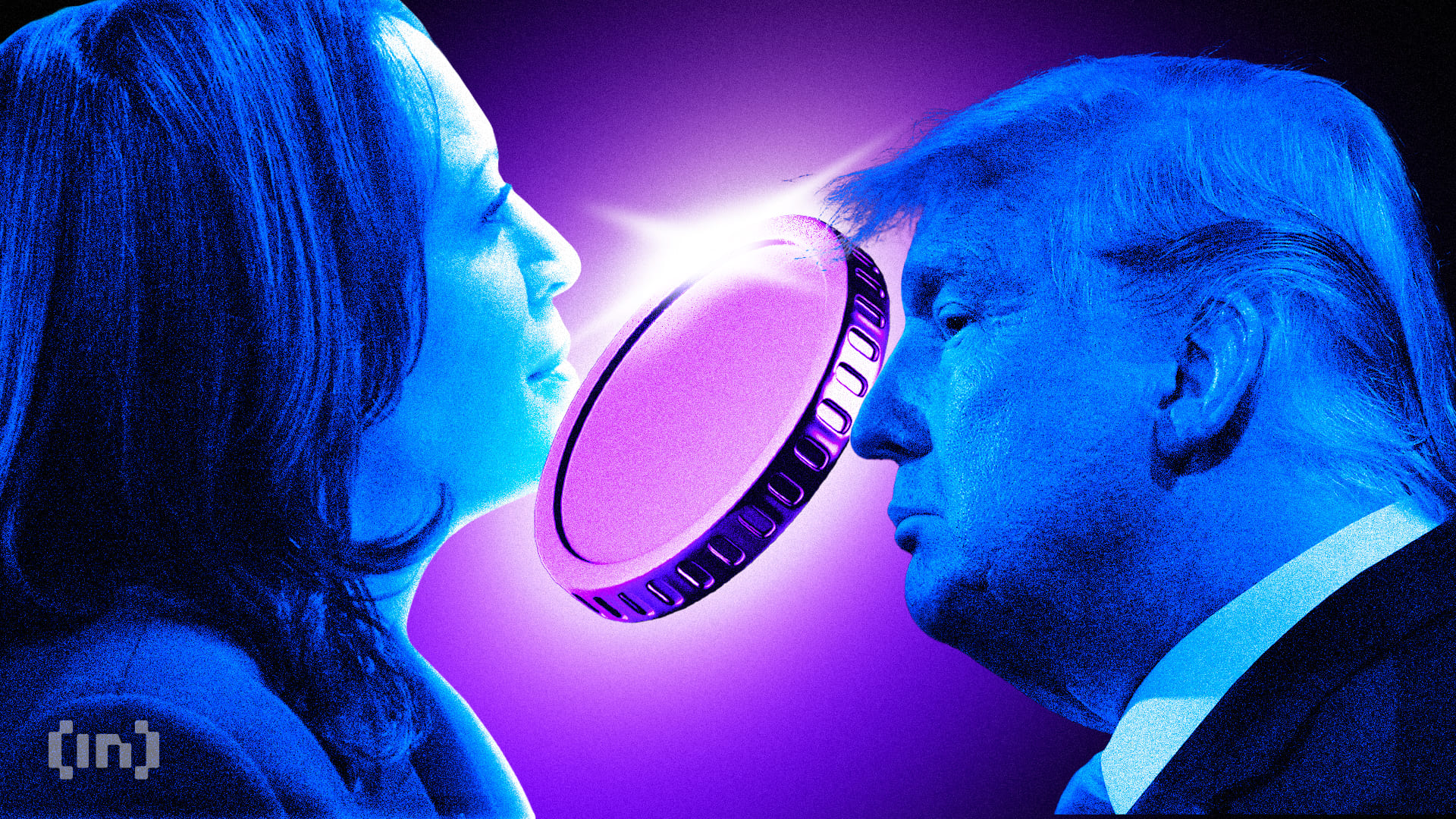Ripple’s Chief Technology Officer David Schwartz has been deeply involved in the online debate surrounding the Federal Deposit Insurance Corporation (FDIC). While he did not attack Coinbase, he did not defend it either.
The safety of crypto holdings in centralized exchanges remains a concern after the collapse of FTX in 2022. The incident opened investors’ eyes to the risks of storing crypto on exchanges versus cold storage.
Coinbase and FDIC Insurance: Ripple CTO’s Critical Analysis
The Ripple CTO detailed some dangers of storing crypto on centralized exchanges. A commercial litigator noted that depositing money into an exchange renders the depositor an unsecured creditor to the exchange. They have “little to no rights if the exchange goes bankrupt” and are the last in line for compensation.
Coinbase came into the discussion as participants probed the implication of FDIC insurance on exchanges. According to Schwartz, the FDIC insurance would only protect the customer if the exchange’s partner bank fails, not the exchange itself. If Coinbase fails and the bank does not have sufficient funds to cover everyone, you may lose out.
“If Coinbase fails and there’s not enough money in the bank, you still lose. This recently happened with Synapse,” Schwarz explained.
Read more: 2023 US Banking Crisis Explained: Causes, Impact, and Solutions
Schwartz asserted that he has no reason to think storing crypto on Coinbase is unsafe. Nevertheless, the Ripple executive acknowledged risks associated with centralized exchanges storage, noting, “If they screw up enough, your funds will be lost.”
When the question of Coinbase using FDIC-insured banks to hold users’ deposits separately came up, Schwartz agreed that it was potent. However, he stressed that the exchange would need to have records to determine who the funds belong to.
It, therefore, suggests that while platforms such as Coinbase, among other reputable exchanges, offer convenience, risks are still involved.
FDIC Could Bring New Hope for Bank-Crypto Interactions
Nevertheless, this situation may soon change. The recent nomination of Christy Goldsmith Romero as the new FDIC chair sparked speculation that she could allow banks to independently decide on serving digital asset companies. This follows her response to Senator Cynthia Lummis’ question about traditional financial institutions serving cryptocurrency-related companies.
“I don’t think it’s the FDIC’s role to tell banks what industries or companies they should be providing services to,” Romero stated.
If TradFi can independently decide whether to serve crypto industry players, it could deliver better interactions between banks and digital asset service providers. Coinbase Chief Policy Officer Faryar Shirzad echoed Romero’s statement, citing Operation Chokepoint 2.0’s impact on the crypto sector.
“The bank regulators right now claim – as the nominee suggests here – that there is no targeted debanking of the sector, and that banks are currently free to bank crypto companies subject to normal internal risk management reviews,” Shirzad stated.
Nevertheless, it would also mean a paradigm shift. This is considering a recent decision between the FDIC, the Federal Reserve, and the Office of the Comptroller of Currency. Dissecting the risks of crypto-assets to banking organizations, the three agreed business models focusing on crypto activities are a concern to the banking sector.
Read more: How Does Regulation Impact Crypto Marketing? A Complete Guide
This stance has caused strife between banks and the crypto industry. In turn, Coinbase filed a lawsuit against the FDIC and the US Securities and Exchange Commission (SEC).
These developments highlight the industry’s frustrations as traders, investors, and institutions walk the thin line separating traditional finance and crypto.
The post Ripple CTO Criticizes FDIC, Spotlights Coinbase Flaws appeared first on BeInCrypto.

 3 months ago
36
3 months ago
36









 English (US) ·
English (US) ·